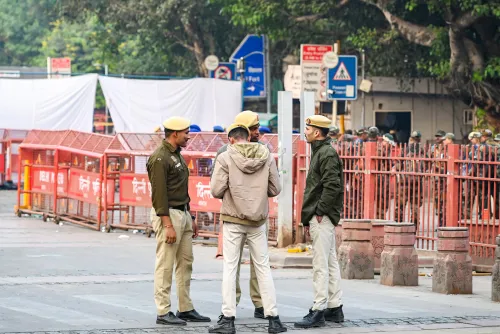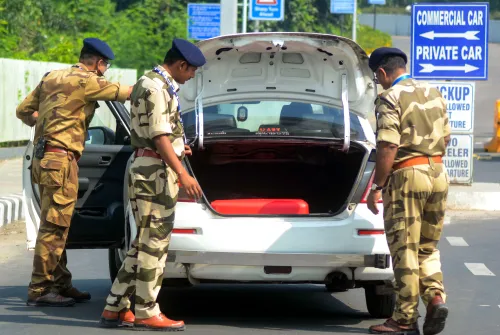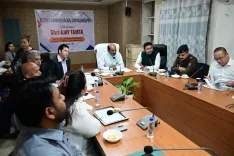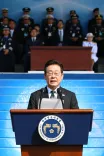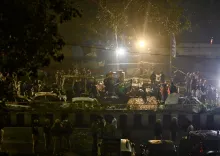Does Iran Really Seek Nuclear Weapons? Pezeshkian Responds
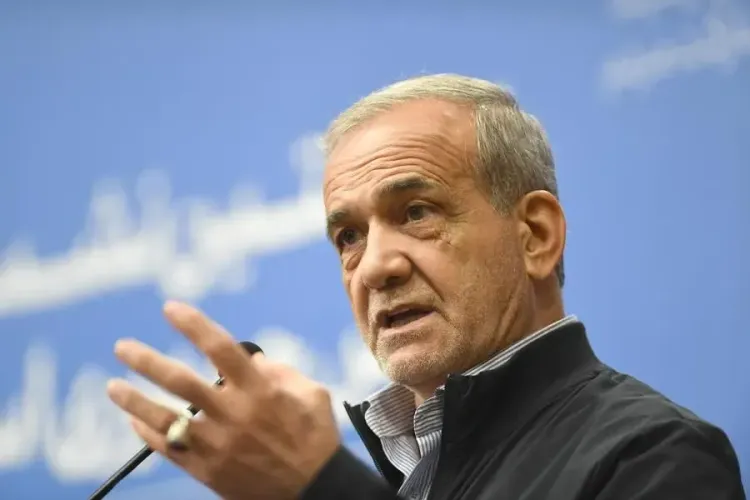
Synopsis
Key Takeaways
- Iran asserts it does not seek nuclear weapons.
- The E3's actions to restore sanctions are questioned.
- Diplomatic discussions are ongoing between Iran and European nations.
- Commitment to peace and stability in the Middle East is emphasized.
- Legal frameworks of the JCPOA are crucial in resolving disputes.
New York, Sep 25 (NationPress) In a statement to the UN General Assembly, Iranian President Masoud Pezeshkian affirmed that Iran does not pursue nuclear weapons. "I reiterate here, in front of this assembly, that Iran has never aimed to construct a nuclear bomb and will not do so in the future," he expressed during the assembly's General Debate on Wednesday (local time). "Our stance is rooted in the directive issued by the Supreme Leader and endorsed by our religious leaders. Thus, we have never sought weapons of mass destruction and will not in the future."
Pezeshkian criticized the actions of the three European nations—Britain, France, and Germany—in their bid to restore UN sanctions against Iran, labeling them as illegitimate, according to reports from Xinhua news agency.
The trio, referred to as the E3, has claimed they activated the snapback mechanism outlined in the 2015 Iran nuclear deal, officially known as the Joint Comprehensive Plan of Action (JCPOA), by informing the Security Council of Tehran's "non-performance" on August 28.
However, questions have arisen regarding the legality of the E3's actions as they bypassed the Dispute Resolution Mechanism (DRM) specified in the JCPOA and Resolution 2231, which validated the agreement.
According to the provisions of the JCPOA and Resolution 2231, the DRM has a timeframe of 35 days to address the disagreement, and a snapback can only occur if the DRM fails to resolve the issue.
Earlier that day, Pezeshkian and French President Emmanuel Macron engaged in discussions regarding Tehran's nuclear situation and their bilateral relations.
Pezeshkian emphasized that Iran is not interested in developing nuclear weapons, expressing the country's willingness to engage in discussions with European nations regarding its nuclear program within an "acceptable" framework.
Macron, on his part, reiterated France's commitment to work towards de-escalating tensions, according to Xinhua news agency.
He highlighted France's determination to resolve outstanding issues in its relations with Iran, stating that Paris aims to uphold peace and stability in the Middle East and avert conflict.
The two leaders reviewed their bilateral relations and expressed optimism that, once differences between Iran and France are resolved, a solid foundation for enhancing cooperation and relations would be established, as outlined in their statement.

